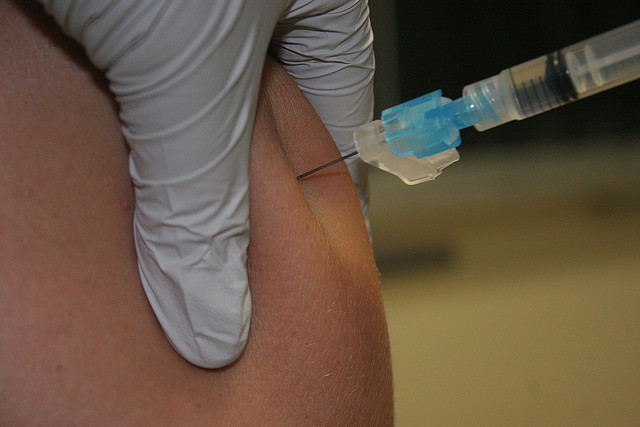
As monsoon hits many parts of the world this month, dengue patients may have new hope, as French health care company Sanofi declared in a press release that they may be on the verge of creating a vaccine for the mosquito borne disease.
Sanofi Pasteur, the vaccines division of Sanofi has been working on developing this vaccine for over the past 20 years, spending around €1.3 billion on the project.
The testing has been done on more than 10,000 subjects, all of whom were from five Asian countries that make up more than two-thirds of the people diagnosed with dengue, all over the world. All the test subjects were children aged 2-14, an age when people are most susceptible to the disease.
Currently, there is no specified treatment for dengue, although poses a threat to nearly half of the world's population. Dengue is mainly rampant in the tropical regions around the world, especially Asia and Latin America. The most recent discovery has been in Malaysia, as experts believe that the country has had 87 deaths due to dengue, since January 2014.
Although the total number of dengue patients is remains unknown, the World Health Organization (WHO) estimates that there are nearly 100 million dengue infections throughout the year.
Although the full details have not been published, Sanofi has revealed that the vaccine has an efficacy of 56 per cent among its Asian test subjects. Their study also revealed that the vaccine was safe for the patients. Also, it reduced a number of severe cases to almost 90 per cent. Most of these patients were found to have haemorrhagic fever. However the vaccine proved pretty much ineffective in protecting young patients, who have the greatest risk from a disease like dengue.
This vaccine acts mainly as a booster for the immune system of the patients. Hence, it is likely to be most effective in tropical regions, which are highly infested by dengue. It would work best with patients who have already had dengue before.
"This vaccine candidate, despite moderate efficacy, could have a substantial effect on public health," said some of the scientists, who have been working on this vaccine.
With dengue being recently reported in Brazil (who are currently hosting the FIFA World Cup, 2014), the danger of the disease spreading to other parts of the world has grown manifold, due to the unusually large number of tourists in the country right now.
Although this vaccine is not ready to launch yet, Sanofi expect it to be launched by 2015. Despite its low efficacy, Sanofi's vaccine remains the only possible cure for dengue till date.
















